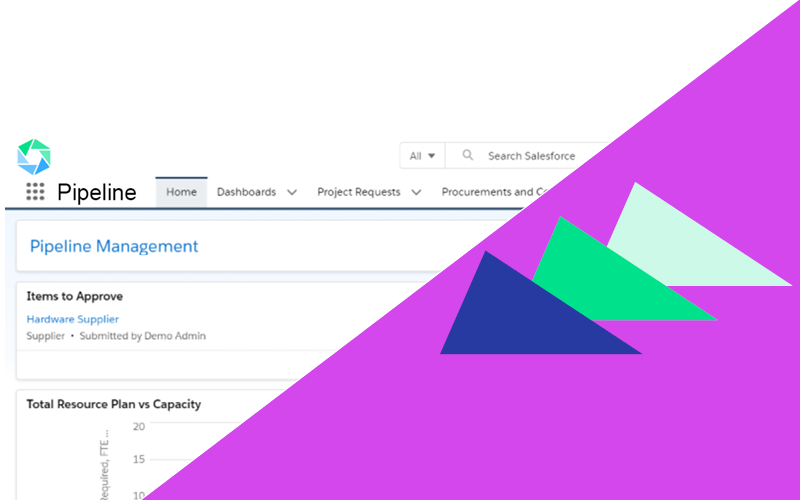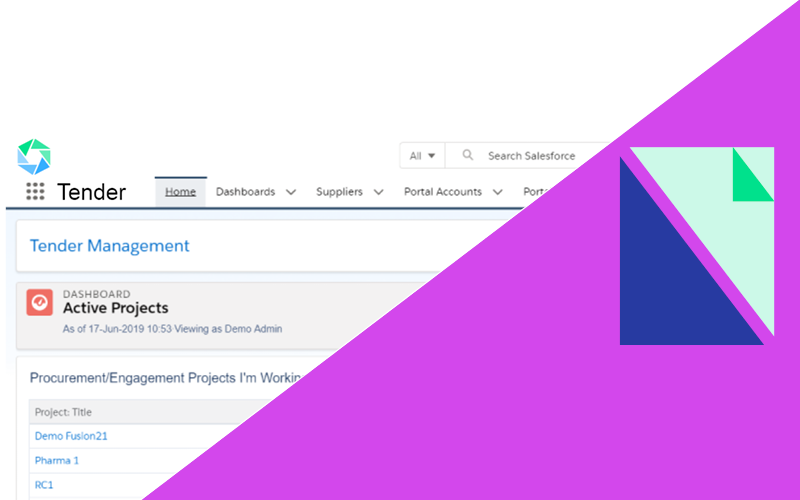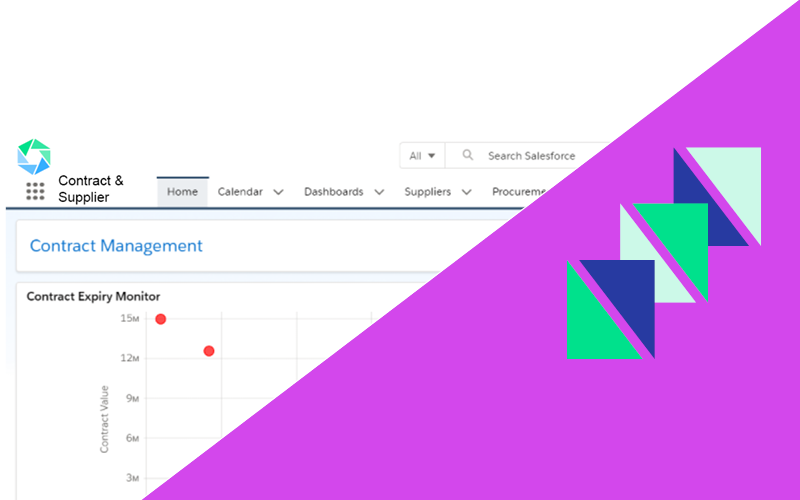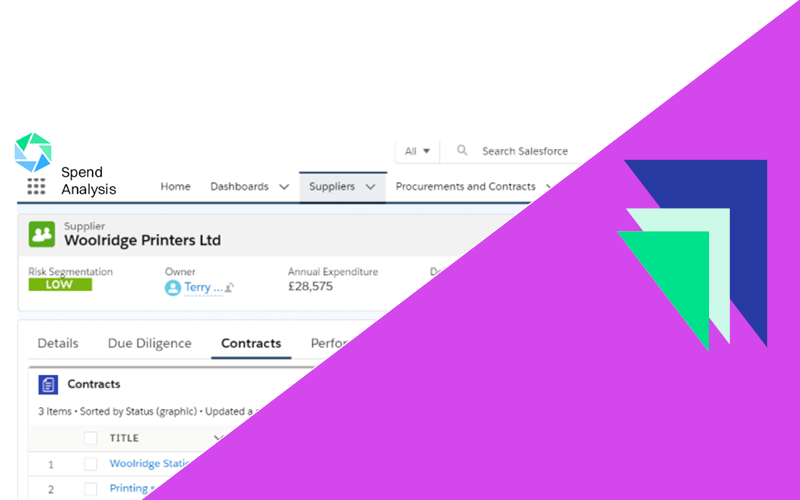Regulatory changes, supply chain resilience has become a paramount concern for organisations. A resilient supply chain is not only essential for mitigating risks but also for maintaining customer satisfaction and profitability.
Procurement professionals play a pivotal role in ensuring the robustness of the supply chain, and to achieve this, they need to employ a set of effective long-term strategies.
A Foundation of Resilience
Building a resilient supply chain starts with a strong foundation of strategies that can withstand the test of time. These strategies not only help mitigate risks but also create a solid framework for long-term success.
But what does this really mean?
Supplier Diversification
Strategy: Expand your supplier base when it comes to critical components or materials.
Implementation: Procurement professionals can identify alternative suppliers, evaluate their capabilities and establish relationships to ensure a seamless transition should disruptions occur.
Supplier diversification is fundamental to preventing a single point of failure in your supply chain. However, identifying and managing alternative suppliers can be a daunting task. With the right solution, teams can use quadrant analysis to determine the Kraljic matrix positioning for suppliers and contracts to identify key dependencies. With this level of category analysis your team can spot high risk sections of your supply chain and expand your supplier base ensuring alternative supply pathways are in place.
Supplier Risk Assessment
Strategy: Regularly assess supplier risk factors such as financial stability, geopolitical issues and compliance.
Implementation: Implement a robust supplier risk assessment program, utilising data analytics to monitor supplier performance.
Evaluating supplier risks is a continuous effort that requires thorough analysis. Your procurement software solution must automate this process by aggregating data from various sources, providing real-time risk assessments and generating usable data. These tools empower procurement professionals to make informed decisions and proactively address potential disruptions.
Supplier Collaboration
Strategy: Build strong relationships with strategic suppliers to enhance transparency and communication.
Implementation: Schedule regular meetings, share forecasts and collaborate on contingency plans to respond effectively to disruptions together.
Effective collaboration with suppliers can significantly enhance supply chain resilience. Procurement professionals can use procurement software solutions to facilitate communication and data sharing with suppliers. Real-time chat, document sharing and a supplier portal are just some of the tools you can expect the right software partner to offer, enabling seamless coordination and promoting innovation in the face of challenges.
Resilience isn’t just about establishing a strong foundation; it’s also about navigating the challenges that may arise. Here are some strategies for managing supply chain risks effectively.
Demand Forecasting and Planning
Strategy: Improve demand forecasting accuracy to reduce overstocking or understocking.
Implementation: Leverage advanced analytics and demand forecasting software to better predict demand trends and align procurement accordingly.
Demand forecasting is a critical aspect of supply chain management. Advanced procurement software solutions often come equipped with powerful analytics and forecasting capabilities. By harnessing these tools, procurement professionals can gain deeper insights into market trends and customer demands, leading to optimised inventory management and improved supply chain agility.
Supply Chain Visibility
Strategy: Enhance visibility into the entire supply chain.
Implementation: Invest in supply chain visibility tools and technologies to track supplier performance vs SLAs and monitor the flow of goods in real-time.
Visibility across the supply chain is crucial for identifying potential disruptions early on. Modern procurement software solutions must provide a clear and comprehensive view of your entire supply chain including fast notification of any missed SLAs. This level of visibility enables procurement professionals to react swiftly to any deviations from the plan.
The Pillars of Resilience: To establish a truly resilient supply chain, procurement professionals need to focus on core principles and continuous improvement.
Risk Mitigation Strategies
Strategy: Develop risk mitigation plans for identified vulnerabilities.
Implementation: Create comprehensive risk management playbooks that outline steps to take when specific disruptions occur, such as alternative sourcing options or emergency inventory.
Risk mitigation strategies should be part of your long-term planning. Procurement software solutions can help in developing and managing these strategies by providing a centralised platform for risk assessment and response planning. With real-time data and alerts, you can swiftly execute your mitigation plans when necessary.
Digital Transformation
Strategy: Embrace digital technologies to automate and optimise processes.
Implementation: Procurement professionals can evaluate and integrate software solutions that enhance supply chain visibility, reduce lead times and improve decision-making.
Technology adoption is crucial for staying competitive and resilient. Advanced procurement software solutions must provide insights and automate routine tasks, allowing procurement professionals to make data-driven decisions and optimise supply chain processes.
Sustainability and Ethical Sourcing
Strategy: Integrate sustainability and ethical considerations into supplier selection and procurement processes.
Implementation: Develop bespoke criteria to assess suppliers’ sustainability practices and ethical standards, fostering long-term partnerships with socially responsible suppliers.
Sustainability is not just a moral imperative but also a business advantage. Procurement software solutions must allow for the tracking and evaluating of suppliers’ sustainability practices. By partnering with eco-friendly and socially responsible suppliers, you not only reduce risks but also enhance your brand reputation in the long run. Capturing and evaluating suppliers’ position on sustainability can help your team understand the level of risk linked to a particular supplier and identify steps required to mitigate this risk.
Continuous Improvement
Strategy: Establish a culture of continuous improvement within the procurement team.
Implementation: Encourage regular feedback, performance evaluations and learning from past disruptions to refine procurement strategies and practices continually.
Continuous improvement is the key to long-term success. The automation of core activities can encourage teams to spend more time discussing and promoting innovation both internally but also with their suppliers.
Scenario Planning
Strategy: Develop scenarios and contingency plans for various supply chain disruptions
Implementation: Procurement teams no longer work in silos, future-focussed teams collaborate with the wider business to identify potential risks and create response plans for each scenario.
Scenario planning involves anticipating disruptions and developing response strategies in advance. Procurement software solutions facilitate this process with data-driven insights. Teams can use these platforms to assess potential risks and develop well-defined contingency plans.
Future-focussed
In the face of today’s complex and unpredictable business environment, supply chain resilience is non-negotiable. As procurement professionals, building and maintaining a resilient supply chain is top of the priority list.
Procurement teams are required to wear many hats, but the right procurement software solution can make all the difference when it comes to building a resilient supply chain.
Supply chain resilience is an ongoing journey, but the role of a procurement professional is ever-changing and more than ever, procurement’s capacity to influence the outcome of an organisation’s long term, strategic goals must not be underestimated.
Choosing your procurement software solution can be a complex process, if you’re ready to talk about a software partner that can empower you to put long-term strategies in place for supply chain resilience – book a demo today.
 Our Pipeline App empowers your team to plan ahead and forecast for upcoming procurement activities.
Our Pipeline App empowers your team to plan ahead and forecast for upcoming procurement activities.  The Tender App allows your team to visualise all sourcing activities within your Atamis platform, from issuing tenders to receiving bids.
The Tender App allows your team to visualise all sourcing activities within your Atamis platform, from issuing tenders to receiving bids. Our Contract & Supplier App puts your team in firm control of your key supplier relationships and provides a central repository for all contracts.
Our Contract & Supplier App puts your team in firm control of your key supplier relationships and provides a central repository for all contracts.  Our Enhancers ensure your solution is tailored to your needs. Pick and choose additional functionality that fits your requirements.
Our Enhancers ensure your solution is tailored to your needs. Pick and choose additional functionality that fits your requirements. 